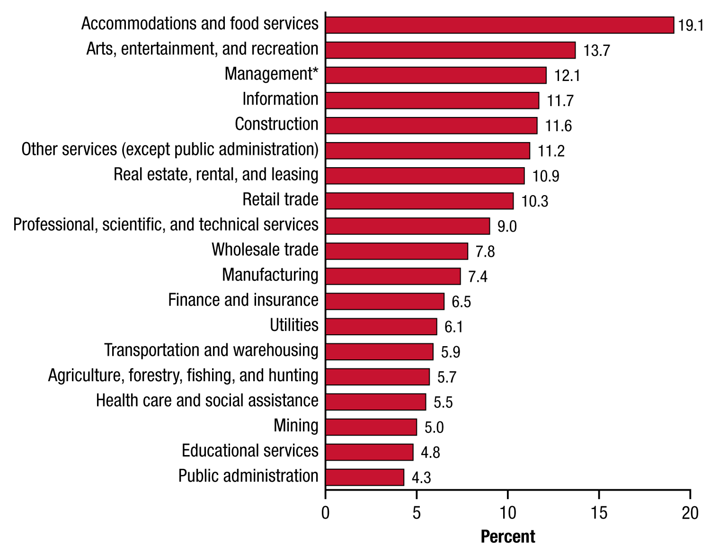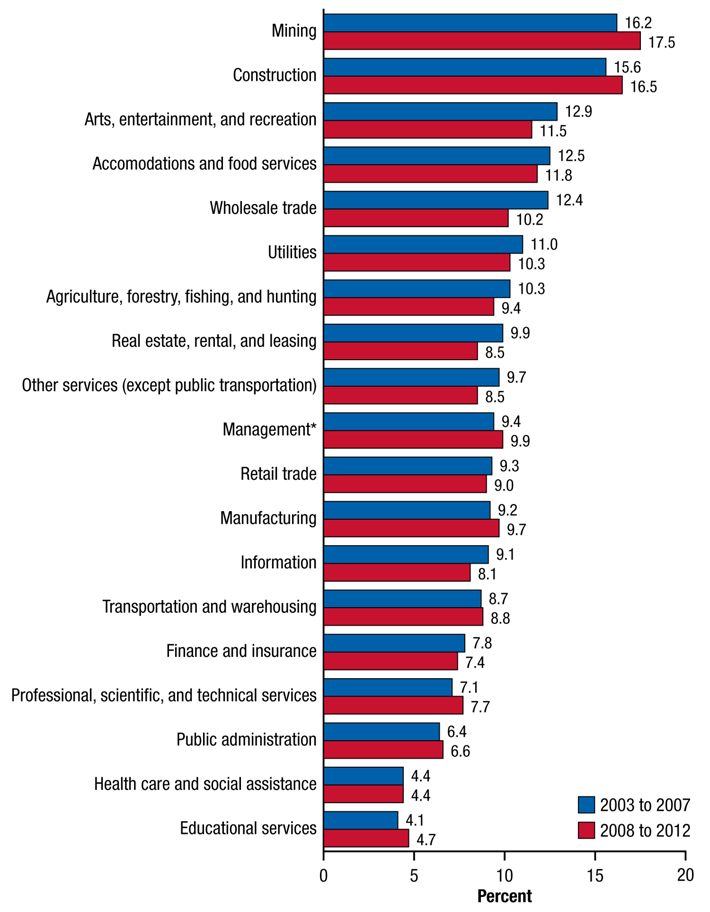The Myth of Functional Addiction

It’s important to understand that addiction can happen to anyone. The crucial element to remember is that life circumstances and one’s inability to successfully cope with those situations are what lead to addiction.
And to look closer at those life circumstances, there is a common belief that people who struggle with drug and alcohol addiction will usually be people who have many other obvious problems in life, such as serious financial problems, housing difficulties, family crises, legal issues, etc. While addiction and any of the above difficulties often do go hand in hand, it’s incorrect to assume that addiction only occurs among impoverished people or people with obvious struggles. People who appear to be doing well can also be struggling with serious life issues, hiding those life issues, and using drugs and alcohol to cope with them.
The truth is, anyone can struggle with drug and alcohol addiction, including people who are fully employed, who own businesses, or who are even quite high up on the corporate ladder and who seem to be doing well in their chosen fields. Addiction is much more common in such circles than one might think.
A Look at the Statistics; Rates of Addiction and Substance Abuse in Professional Circles
Addiction is unfortunately quite common in and among management, executive-level positions, business ownership, CEOs, and entrepreneurs. According to the Substance Abuse and Mental Health Services Administration, 12% of individuals in these categories misuse drugs. In fact, the only professions that are more prone to drug use among their workforce than management are accommodations, food services, arts, entertainment, and recreation. Also, drug abuse is becoming more prevalent in management and business ownership. From 2003 to 2007, 10.7% of people in this category misused drugs. But from 2008 to 2012, 12.1% misused drugs.

There is a similar addiction crisis with people who work in management and a rising prevalence of alcohol misuse within that sector. Again according to SAMHSA, about 10% of those who work in management misuse alcohol, with only a few other professions showing a higher rate of alcohol misuse than management. And to make matters worse, alcohol misuse is a growing problem among those who work managerial jobs. Much like with drug abuse, the trend is worsening. From 2003 to 2007, 9.4% of people in a sole proprietorship or management-related fields were misusing alcohol. That percentage increased to 9.9% between 2008 and 2012.

Successful Individuals Who’ve Struggled with Addiction
Addiction pervades professional circles, even if the commonly held beliefs and stereotypes regarding addiction in America would indicate otherwise. To our benefit, many professional individuals have come forth and admitted that they struggled with drug or alcohol addiction at some point, then got clean. Some examples include:
- Audrey Gelman, CEO of co-working space The Wing, openly celebrated her sobriety on Twitter in 2019.
- Austin Geidt, the head of strategy for Uber’s Advanced Technologies Group, openly discussed struggling with drug addiction when she was 19.
- Oprah Winfrey, the highly successful multi-billionaire media celebrity, openly talks about being addicted to cocaine in her 20s, and her recovery since.
- Addiction has affected people who now work in politics too. Larry Kudlow, former Wall Street economist, struggled with drug and alcohol addiction when working for Bear Stearns. He got clean and went on to become the White House National Economic Council Director.
- Entrepreneur Steve Madden, the founder of a popular shoe company, said he became addicted to drugs while starting and growing his shoe retail business. He got off of drugs in 2013.
- Co-founder and CEO of Everytable, Sam Polk, was addicted to drugs and alcohol in college, which carried through into his professional life until he got clean.
- Alcohol befell Justin Kan, CEO of Atrium and founder of Twitch. He got help and gave up alcohol in 2019.
Risk Factors and Underlying Issues that Lead to Addiction

There are many reasons why “successful” people fall prey to drug and alcohol addiction. What is important to note is that someone who becomes addicted to drugs and alcohol is someone who was struggling with serious crises and personal hardship, someone who might not have been as successful as they appeared.
Some successful individuals may have started using drugs and alcohol because they felt as though they were letting others down, letting themselves down, or they were not satisfied with their life, despite their success. Others may start using drugs and alcohol to cope with ill-gotten success or as a way of dealing with the hardship of an extremely demanding career. Some may start using drugs and alcohol because they can’t keep up with their work, and they want to calm down (or speed up).
When the pressures of life become too much of a burden to bear, individuals will often turn to drugs or alcohol as a coping mechanism. What’s important to note is that this can happen to anyone. Too often, there is too much attention put on those who became addicted to drugs because they were struggling in life, struggling financially, who were impoverished, abused, or abandoned. But the truth is, addiction can happen to anyone under any circumstances, including those who appear to be very successful (like managers, CEOs, executives, business owners, or entrepreneurs). No status, job, or financial capability can protect anyone from the risk of addiction.
It’s essential to understand that addiction is not just some brain disease that affects some people but not others. Anyone can fall prey to addiction if their life circumstances become so difficult that they see drugs and alcohol as a means of coping with their hardships.
Addiction Treatment; Getting Off of Drugs and Alcohol for Good
One myth that must be dispelled in the arena of drug and alcohol addiction and business owners, executives, and CEOs is that there is no such thing as a “functional addict.” Addiction is not something people can struggle with yet still function as normal. Successful people who fall prey to addiction will only get worse unless they get help. They cannot juggle their professional lives and an addiction at the same time. No one can. That’s why it is of the utmost importance that people who struggle with addiction, no matter their career or appearance of success, must get help at a qualified drug and alcohol addiction treatment center.
If Your Loved One is Addicted to Drugs, Don’t Give Up Until They Get Help
It’s worth mentioning that financially successful people are sometimes difficult to convince to enter treatment because they often have to lose nearly everything they have before they realize they need to get help. And at any point along this line, they might suffer a fatal overdose or a fatal accident. That is why it’s so important to continue working with them until they agree to get help. Please do not wait until it’s too late.
Sources:
- https://www.samhsa.gov/data/sites/default/files/report_1959/ShortReport-1959.html
- https://www.businessinsider.com/business-leaders-who-openly-discuss-drug-and-alcohol-addiction#justin-kan-the-ceo-of-atrium-and-founder-of-twitch-decided-to-give-up-alcohol-in-2019-7
- https://www.ncbi.nlm.nih.gov/pmc/articles/PMC3939769/


